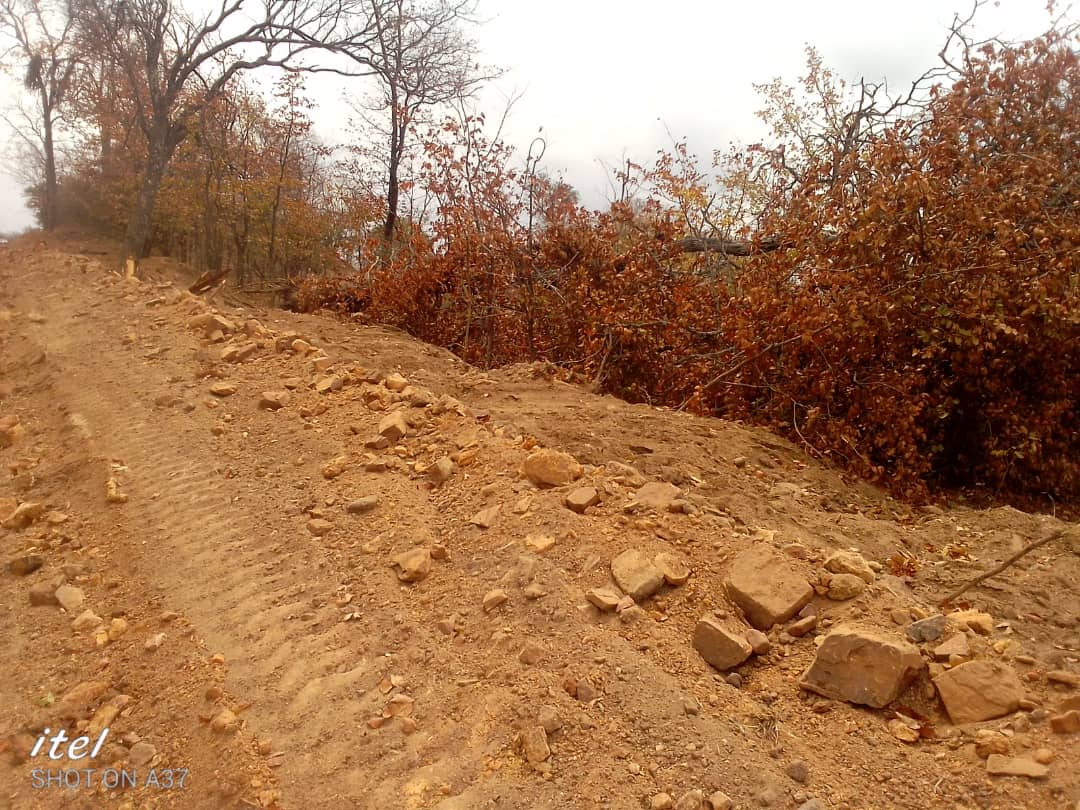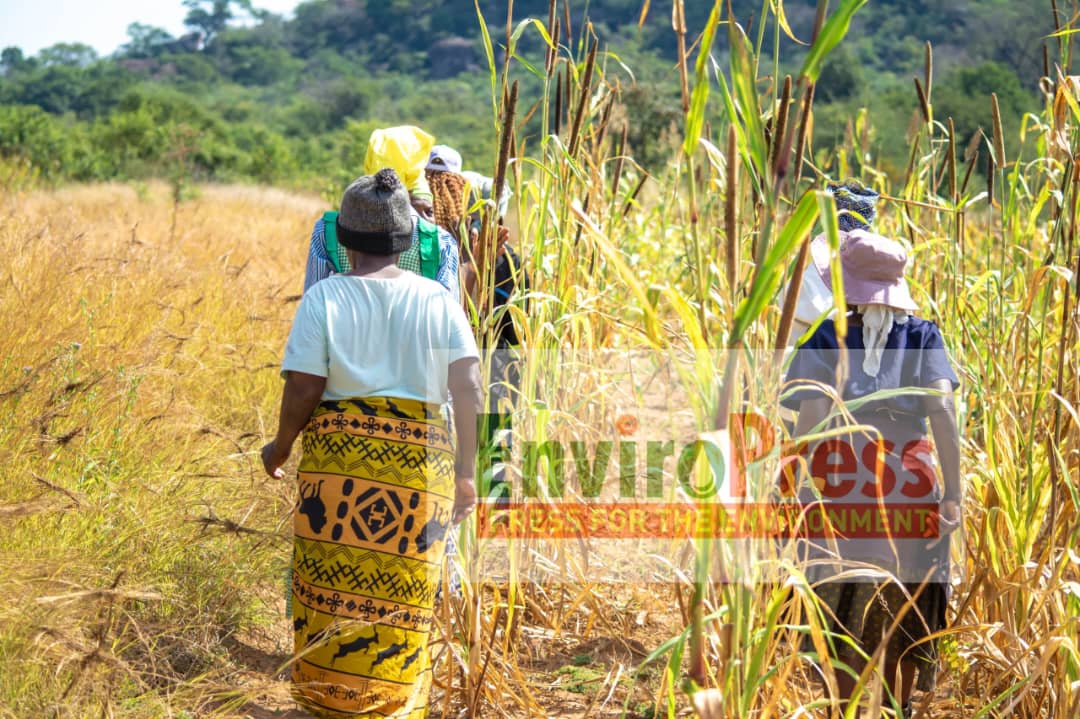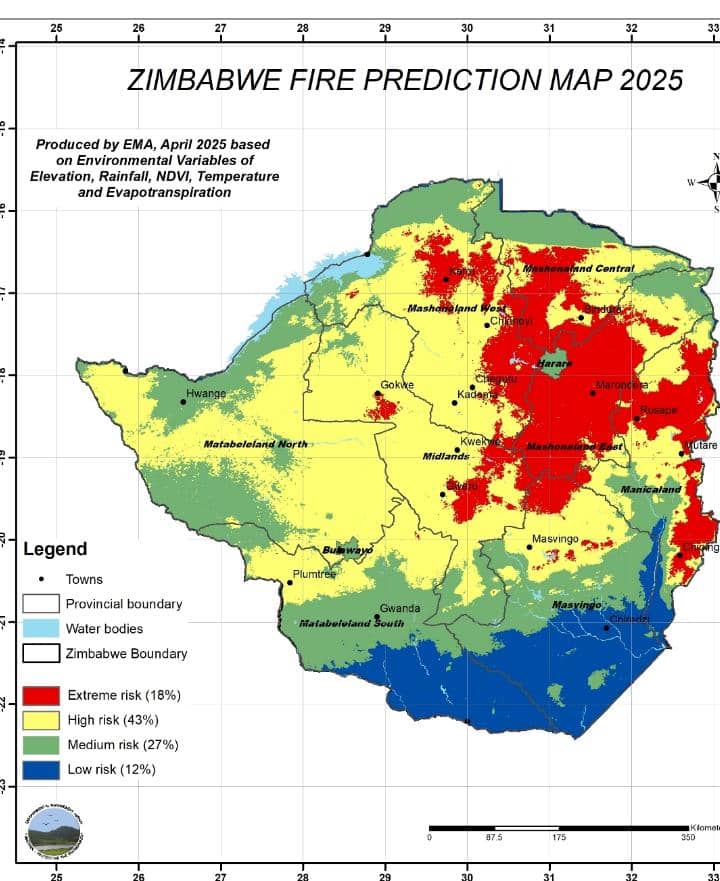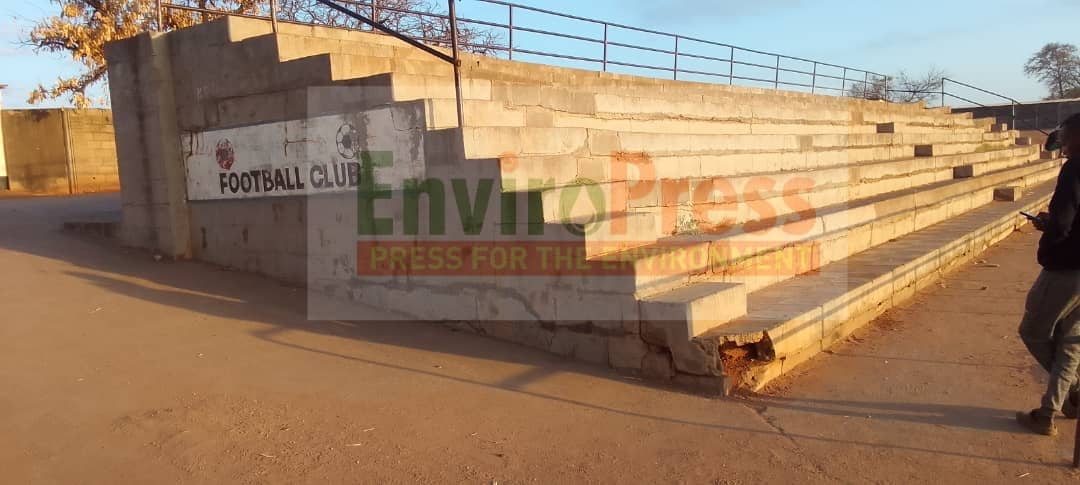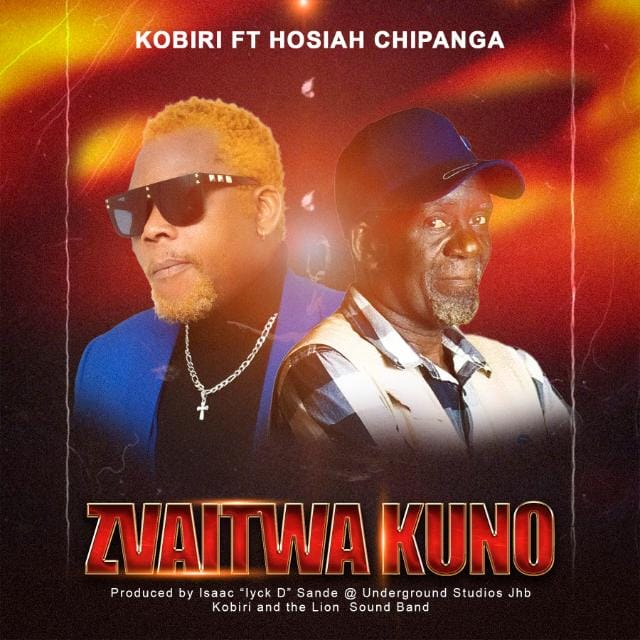…as pesticides, climate change doom Mopane worm business
Upenyu Chaota
A network of charcoal dealers from Harare is reportedly paying about R20 for a 90kg bag of charcoal thereby incentivizing the destruction of the vital Mopane tree species in Mwenezi.
Mopane charcoal has high market value and is mainly used as a cheaper energy alternative especially at braai spots.
Mwenezi East Member of Parliament (MP) Master Makope told EnviroPress that outsiders especially those from Harare were sponsoring locals to cut down and burn Mopane trees and gather the charcoal for transportation to Harare.
Many other Mopane trees are being felled in the ongoing rehabilitation of the Harare-Beitbride highway (pictured).
“The rate at which Mopane forests are getting decimated is concerning. These trees have a higher ecological and economic value when conserved than when they are cut down to produce charcoal. Mwenezi is a good beef country and part of the reason is that our cattle feed on nutritious Mopane pods in the bush,” said Makope.
He stated that the Mopane was the most adaptable to the district’s semi-arid conditions, adding that destroying the species would have severe ecological consequences.
“It is saddening that locals are complicit in the destruction of their own environment and they are paid a pittance for it,” said Makope.
He said the cutting down of the Mopane tree affected many local families that in the past made a livelihood out of Mopane worms.
“There used to be good business in Mopane worms. Locals would export to other markets in the province and country at large.
“We used to know of households surviving on proceeds from Mopane worms but quantities have sharply decreased due to massive deforestation, increased use of pesticides and climate change. Our people have lost livelihoods to greed,” said Makope.
Forestry Commission Masvingo provincial manager Edwin Machokoto said they were working with other law enforcement agents to arrest the problem before it got out of hand.
“The message at the moment is for communities take a leading role in protecting and conserving forests. We plead with communities to be on the lookout for charcoal merchants and report to us or any other law enforcement agencies,” said Machokoto.
This project was made possible through a partnership with the Southern Africa Trust. The views expressed herein do not necessarily represent that of the Trust or its associates. www.southernafricatrust.org

